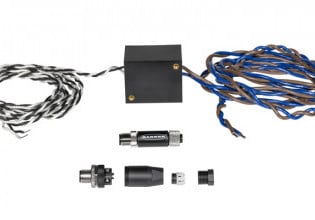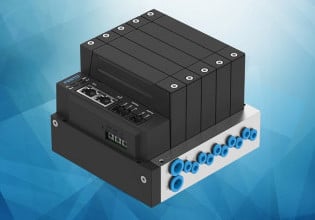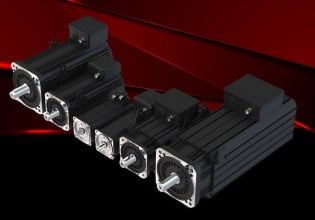M
Hi All,
I'm looking for the typical applications for a diaphragm seal (chemical seal).
I have a couple of Pressure transmitters on a line for an open drain system. The fluids are not particularly corrosive and wouldn't fall under the usual use of a diaphragm seal. However, there most likely will be debris carried along these lines.
So, my question is, do diaphragm seals protect the instrument from debris and should they be used for this reason?
Many Thanks
Max.
I'm looking for the typical applications for a diaphragm seal (chemical seal).
I have a couple of Pressure transmitters on a line for an open drain system. The fluids are not particularly corrosive and wouldn't fall under the usual use of a diaphragm seal. However, there most likely will be debris carried along these lines.
So, my question is, do diaphragm seals protect the instrument from debris and should they be used for this reason?
Many Thanks
Max.






